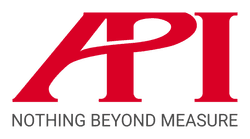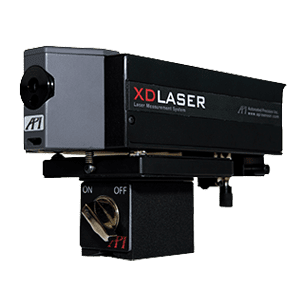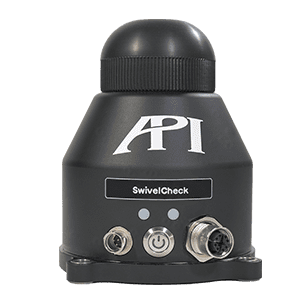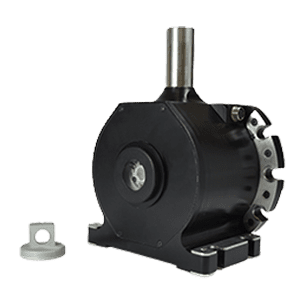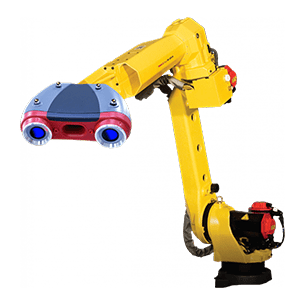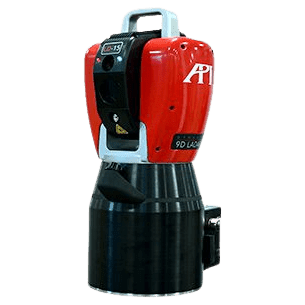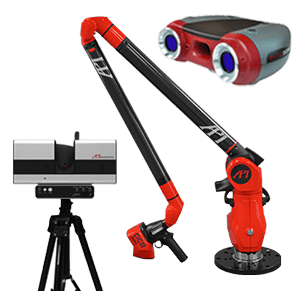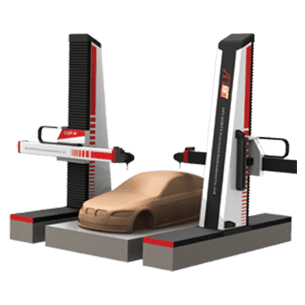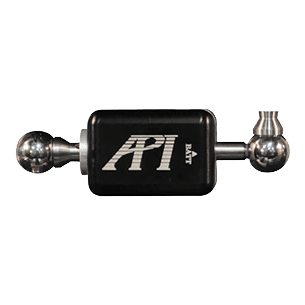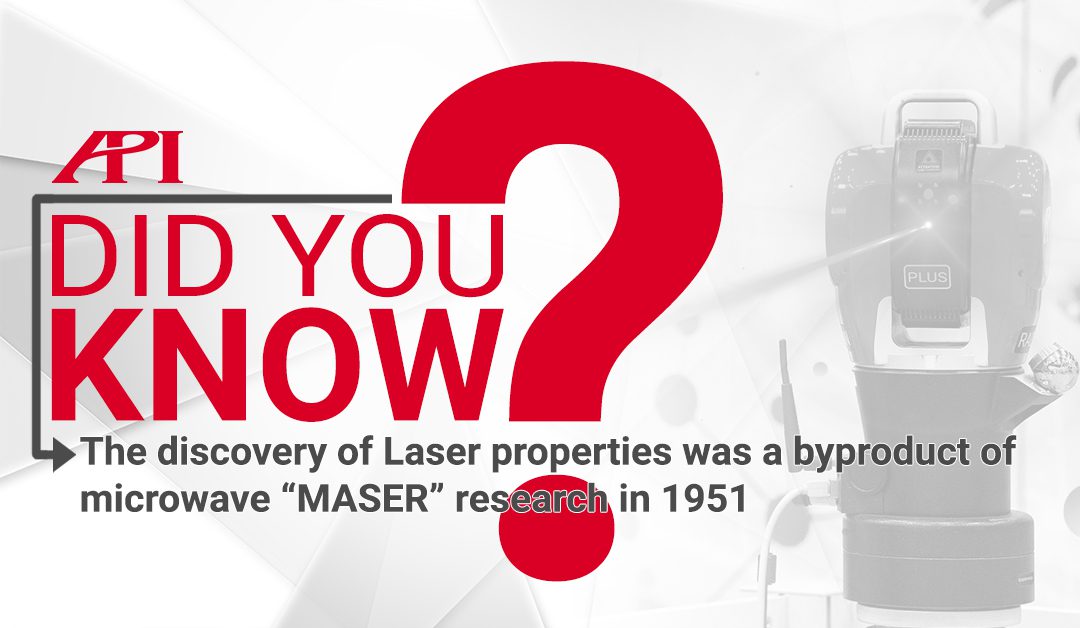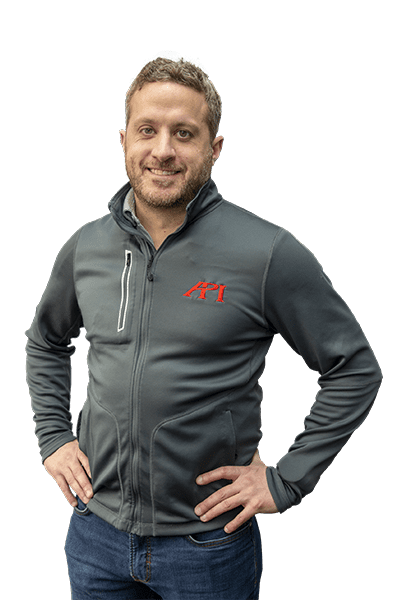The Origin of Lasers
Did you know that discovery of Laser properties was a byproduct of microwave “Maser” research done at Columbia University in 1951 by Charles Towns?
In 1953, Charles Townes debuted a device he’d been researching at Columbia University that would stimulate ammonia molecules to emit microwave radiation. The device was called a Maser, which stood for “Microwave Amplification by the Stimulated Emission of Radiation.” The device was groundbreaking, and Townes shared the 1964 Nobel Prize in Physics for his work with Aleksandr Mikhaylovich Prokhorov and Nikolay Gennadiyevich Basov, who had been simultaneously working on the same principle in Moscow.
After applications for Masers reached their limit, Townes and Gordon Gould (a grad student from Columbia) began separate research projects on performing the same stimulation for infrared or visible light, as opposed to microwave radiation. From their efforts, the Laser or “Light Amplification by the Stimulated Emission of Radiation” was born.
The first lasers from this research were solid-state lasers that used chromium atoms inside a ruby crystal to focus and produce light at the proper wavelength. Later research would create lasers from Gas (most commonly helium-neon), liquids, and even semiconductors.
The applications for lasers and their directed, straight-line energy both visible and infrared, have become innumerable over the last 70 years. Lasers power everything from grocery store scanners to the National Ignition Facility which users 192 laser beams to deliver more than 500 trillion watts of power at more than 180 degrees Fahrenheit to facilitate thermonuclear fusion.
At API, our helium-neon lasers are used to capture extraordinarily accurate measurements across straight-line distances of up to 80m. Our Radian Laser Trackers and XD Laser are benchmark examples of laser interferometry for measurements and calibrations of the tightest tolerances in manufacturing across every industry.
Learn more about leaser measurement from API here:
https://www.physics-and-radio-electronics.com/physics/laser/differenttypesoflasers.html
https://www.britannica.com/technology/laser

